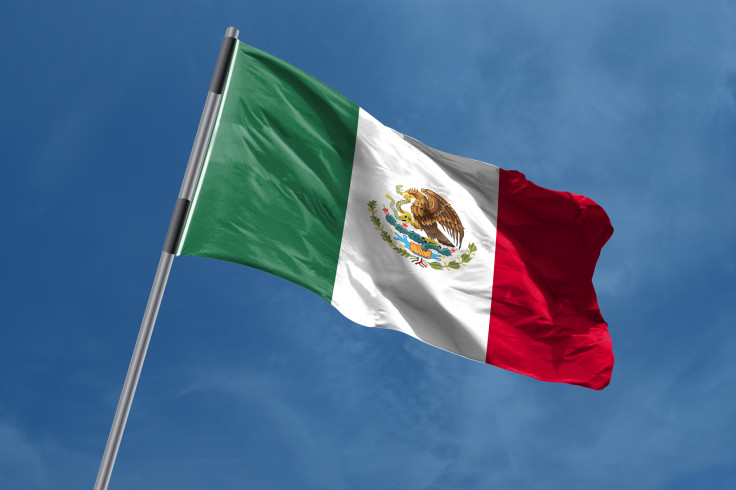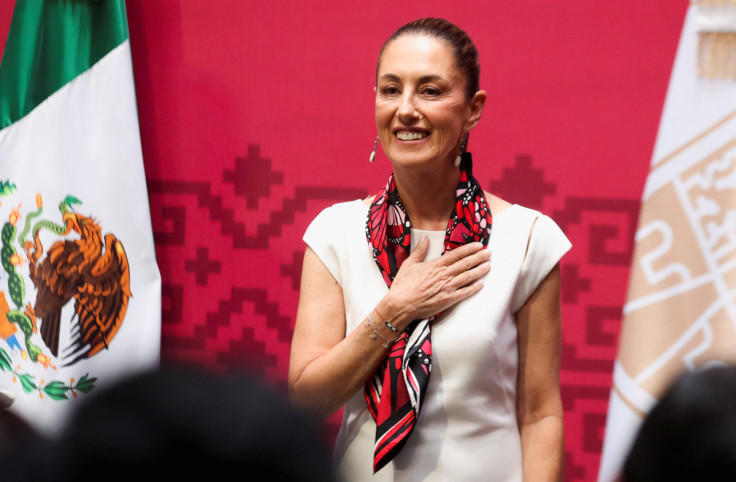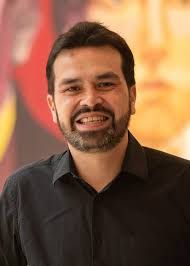
The 2024 presidential elections in Mexico are scheduled for June 2. On that Sunday, tens of millions are expected to turn out to the ballots to elect their new leader for a one-time six-year term. The elected president will serve as the successor to Andrés Manuel López Obrador, known as AMLO.
His party, a major Mexican left-wing political party called Morena, has endorsed Claudia Sheinbaum. A former mayor of Mexico City, she has a commanding lead over the polls and is poised to become Mexico's first woman president.
In this election cycle, voters will choose the president, along with 628 seats in Congress and thousands of local offices.

There are more than 20,000 positions up for grabs, making it the country's largest election, according to the National Electoral Institute.
Over 100 million people are eligible to vote at home and abroad, according to a report by the country's electoral register.
The United States is the country with the most foreign voters, with over 1,541,107, followed by Canada with 14,192, and Spain with 6,013.
The top 10 consulates by the number of Mexican citizens eligible to vote are Los Angeles, Dallas, Chicago, Houston, New York, Atlanta, San Bernardino, Phoenix, San Diego, and Fresno.
Mexico elections 2024: Presidential Candidates
The General Council of the National Electoral Institute (INE) approved the nominations of the following presidential candidates for Mexico's 2024 elections.
- Sheinbaum Pardo, from "Let's Keep Making History."
- Bertha Xóchitl Gálvez Ruiz: representing the coalition "Strength and Heart for Mexico".
- Jorge Álvarez Máynez for the national political party "Movimiento Ciudadano," which translates to "Citizens' Movement" in English.
Sheinbaum is daughter of chemist Carlos Sheinbaum Yoselevitz and biologist Annie Pardo Cemo, both members of the country's student movement in the 1960s. She has a degree in Physics and a Ph.D. in Energy Engineering.

She is also a founder of the Morena party and the first woman elected to serve as the head of government of Mexico City (2018-2023). Prior to this, she was the city's Secretary of Environment between 2000 and 2006 and the head of the Tlalpan delegation from 2015 to 2017.
She has led the race so far and gained traction in recent polls. The 61-year-old candidate, who is seen as AMLO's successor, received over half of the support in an April poll.
The survey, conducted between April 10th and 13th, shows that Galvez Ruiz is the main contender but still extremely far behind Sheinbaum, securing an estimated 26.7% of the vote.

Galvez Ruiz, a 61-year-old computer engineer born to indigenous parents in Hidalgo, began her professional journey in her thirties by founding her own company specializing in smart buildings and telecommunications, as well as establishing a foundation to assist malnourished indigenous children.

However, it wasn't until 2000 that she entered the political arena, taking on the role of head of the Office of the Presidency for Indigenous Peoples under President Vicente Fox Quesada. Since then, she has pursued various political positions, culminating in her resignation from the Mexican Senate in 2023 to pursue the presidency.
Alvarez Maynez is a federal congressman with masters in public administration, international studies, and "Constitutional Law and Human Rights". He has focused his campaign on the new generations and advocating for a Mexico free from "old politics," which he blames for "corruption" and "inequality."
His platform includes a bold drug policy that, if elected, promises to legalize its consumption, allowing the state to generate revenue through taxes on its sale, and eliminating the crime of simple drug possession. In the poll, he secured 9.3% of the vote.
© 2025 Latin Times. All rights reserved. Do not reproduce without permission.





